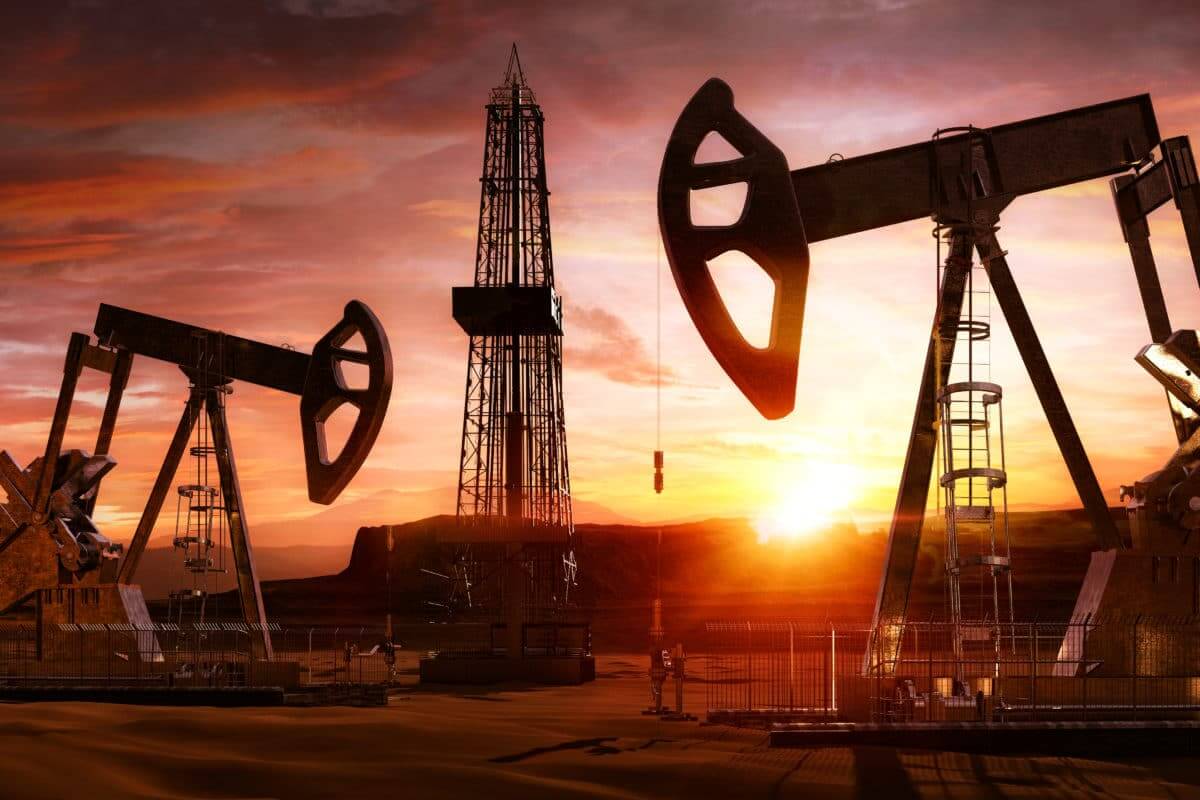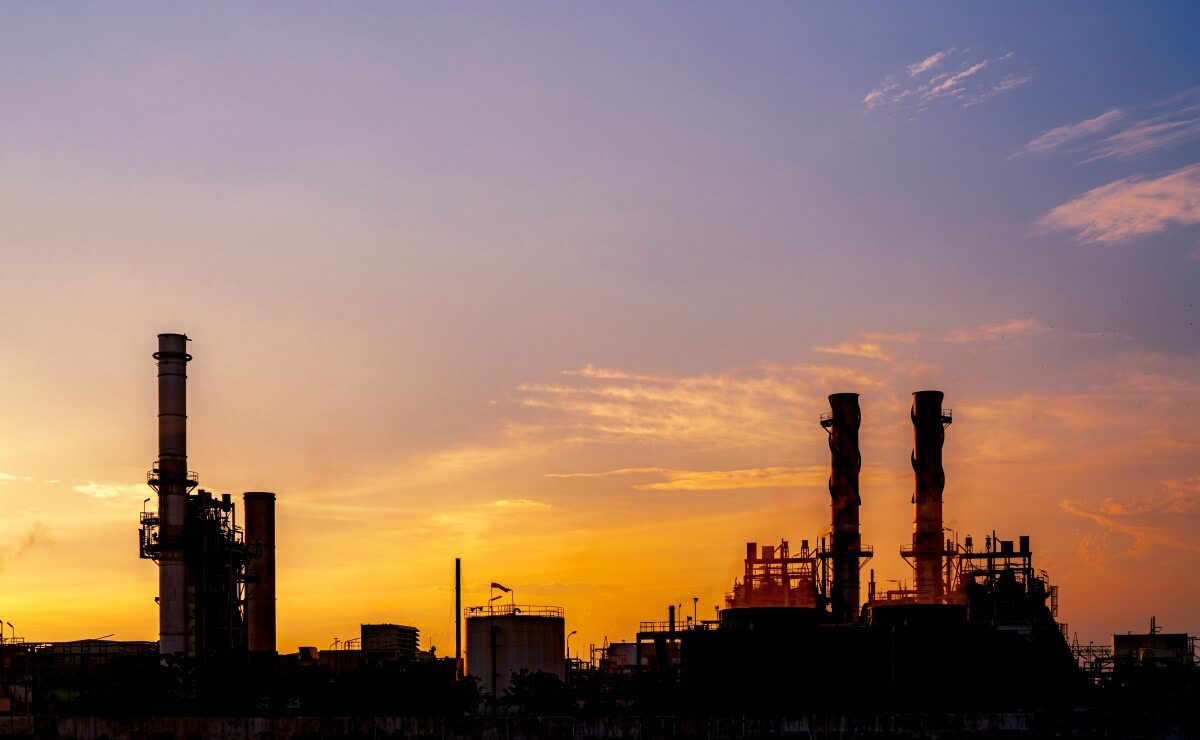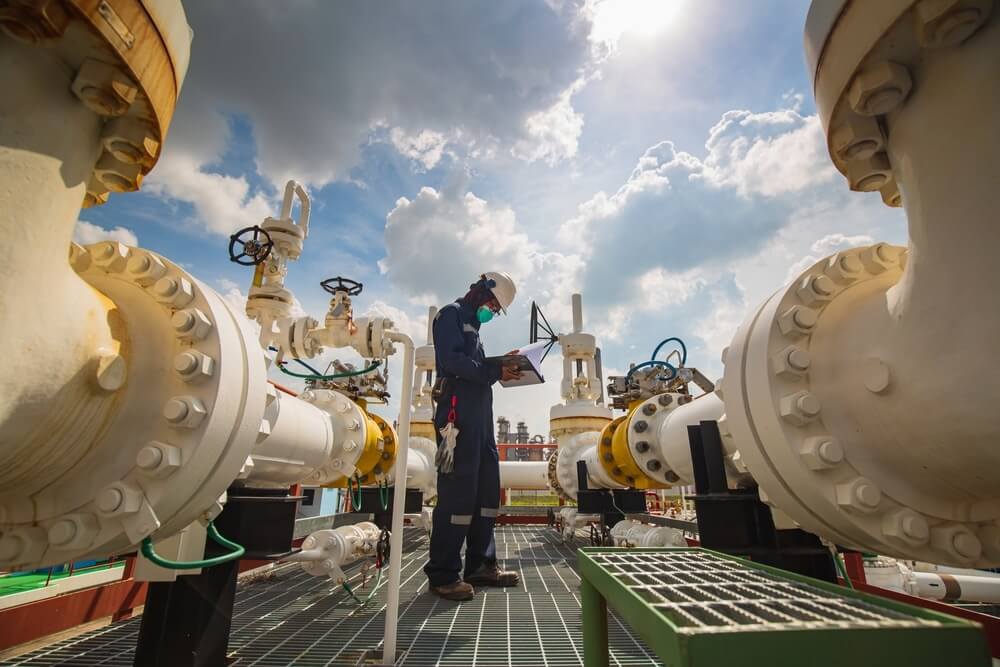
As OPEC+ Meets, Oil Prices Have Altered
After rising by more than 3% the previous day, oil prices were little changed on Wednesday ahead of a meeting of OPEC+ to discuss a significant reduction in crude supply.
After rising $2.941 in the previous session, Brent crude was up 1 cent at $91.812 per barrel.
U.S. WTI crude futures decreased 9 cents, or 0.14%, to $86.423 per barrel.
A reduction of that size would be the largest by OPEC+ since those implemented in 2020 after the COVID-19 epidemic reduced demand. President Joe Biden is trying to prevent an increase in the price of gasoline in the United States. Thus, the U.S. is pressuring OPEC+ countries to avoid making significant cuts.
According to market sources citing American Petroleum Institute data on Tuesday, U.S. crude oil stocks decreased by around 1.8M barrels on September 30.
The rising dollar, which raises the price of oil for buyers using foreign currencies and reduces demand, capped gains for the day.

New Sanction Including an Oil Price Cap
The European Union has backed a fresh set of sanctions on Russia, which includes backing a price cap on oil supplies to third countries.
According to persons familiar with the topic who asked not to be identified because the conversations were private, the agreement includes steps to reduce the impact of the penalties on countries with substantial shipping sectors, such as Greece, Cyprus, and Malta. The sanctions will bar transporting Russian oil by sea to other nations if the price of oil is a certain threshold.
The package would add a prohibition on transporting Russian oil to current limitations on transportation services. Still, it would exempt oil priced at or below a threshold determined by a coalition of the Group of Seven and other countries. For months, the U.S. has been pressing hard to allow Russian crude exports to resume, fearing that the E.U.’s existing sanctions will significantly impact the oil supply.
Some countries were outraged that the latest draft of the sanctions appeared to reduce certain suggested measures. This included removing a Russian diamond mining company from the punishment list. The E.U. will need to amend its current rules to allow for an oil price restriction. In June, EU members agreed to a total ban on insurance and financial services for seaborne oil, with shipping exempt. Most of these restrictions should take effect on December 5, coupled with a ban on E.U. purchases of Russian oil.

The Yamal-Europe Pipeline Transports Gas Eastward
Eastward gas flows on the Yamal-Europe pipeline from Germany to Poland increased slightly on Wednesday, while Russian gas deliveries via Ukraine also increased somewhat.
According to data from pipeline operator Gascade, exit flows at the Mallnow metering station on the German border were 1,231,476 kWh/h between 0800 CET and 09001 CET, up from roughly 1,083,000 kWh/h late Tuesday.
Russian gas from Ukraine to Slovakia through the Velke Kapusany border crossing was at 36.7 million cubic meters (million cubic meters), compared with 35.4 million cubic meters the previous day.
On Tuesday, Russian gas producer Gazprom (GAZP.MM) said it was supplying 42.42M cubic meters of gas to Europe via Ukraine’s Sudzha entry point, up from 41.33M cubic meters on Monday.
Because of constraints imposed by Danish and Swedish authorities, the Nord Stream 1 and 2 pipeline operators stated they could not check damaged portions from massive leaks discovered last week.




